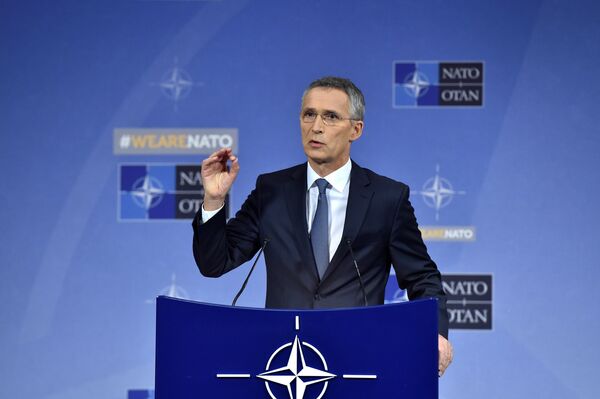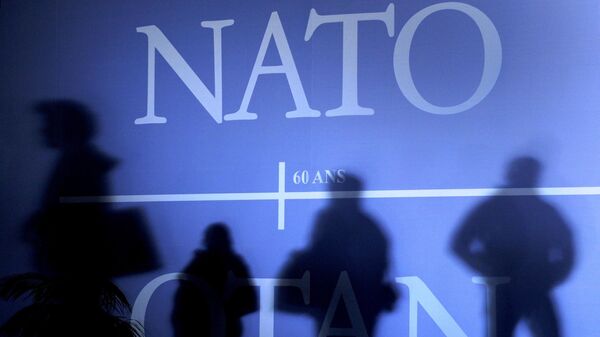The initiative is being run out of the Council's 'Digital Forensic Research Lab', a division which claims to have "operationalized" the study of disinformation by "exposing falsehoods and fake news, documenting human rights abuses, and building digital resilience worldwide."
Commenting, Katie Harbath, Facebook's Global Politics and Government Director, said in a statement the social media giant was "investing heavily" to prevent the platform being abused during elections.
"That includes more actively working with outside experts, governments and other companies because we know we can't solve these challenges on our own. This partnership will help our security, policy and product teams get real-time insights and updates on emerging threats and disinformation campaigns from around the world. It will also increase the number of 'eyes and ears' we have working to spot potential abuse on our service," she added.

"Democracy depends on debate, but productive debate depends on facts. Too often in recent years, we have witnessed…the deliberate spreading of false information, hostile state actors promoting divisive content, and attacks on fact-based reporting and evidence-based research. Disinformation isn't a new challenge, but today, technology allows information to leapfrog a traditional marketplace of ideas. Disinformation can spread on industrial levels and evolve with the tools enabling it," the Digital Forensic Research Lab wrote.
Peerless Hypocrisy
While laudable aims, The Atlantic Council may not be the best organization for Facebook to partner with in this initiative, given its own record of spreading false information, promoting divisive content, and attacks on fact-based reporting and evidence-based research. For instance, independent researchers has revealed the controversial #PropOrNot website was established by the Atlantic Council.

Critics were quick to suggest that rather than flagging 'Russian propaganda', it merely sought to delegitimise and discredit alternative, non-mainstream news sources. Moreover, while the identity of #PropOrNot's authors, owners and funders were not disclosed, digging by independent journalists found it was covertly created as a subsidiary of 'The Interpreter' website, an anti-Russian disinformation project, which from January 2016 — February 2017 was an in-house "special project" of US government broadcaster Radio Free Europe.
Similarly, in July 2016 the Council published a 'report' entitled 'Arming for Deterrence', which led Paul Craig Roberts of the The Institute for Political Economy to dub the organization the "marketing arm" of the US "military/security complex".
The 25-page PDF was little more than a promotional brochure for major US defense firms' assorted wares, aimed at the government of Poland, and predicated on the notion Russia would attack or invade the country unless Warsaw invested heavily in expensive US weapons systems.
Moreover, the document went so far as to encourage Poland to take actively aggressive military steps against Russia, on the basis the Kremlin "respects shows of force". To strike deep within Russian territory, Poland is said to need American long-range JASSM air-launched cruise missiles, Navy Strike missile coastal missiles, and Guided Multiple Launch Rocket Systems.
"Poland should say it reserves the right to attack Russian targets conventionally, including in Kaliningrad. Poland should aim to join the tactical nuclear capability scheme within NATO, so enabling its F-16s to be carriers of tactical nuclear ordnance. Poland should move forward expeditiously with procurements"the report said.

Nonetheless, such activities may be unsurprising, given The Atlantic Council's primary financial backers include Lockheed Martin, Raytheon, the Ukrainian World Congress and the US State Department — all entities which profit financially and politically from perpetuating claims of a "Russian threat".



